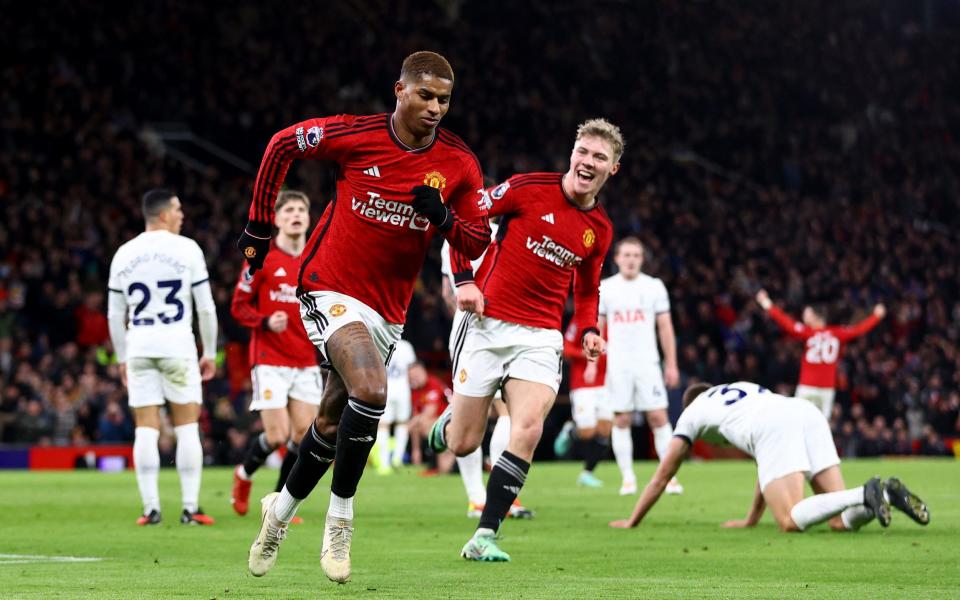Manchester United turn to artificial intelligence in bid to boost performance

Manchester United will ramp up their use of artificial intelligence to improve performance as part of a collaboration with Manchester Metropolitan University’s Institute of Sport.
Erik ten Hag’s side are currently languishing in seventh in the Premier League, eight points adrift of the top four, after a torrid first half of the season.
The move pre-dates Ineos’s impending arrival at Old Trafford. Nonetheless, it is the sort of “marginal gains” approach likely to sit well with Sir Dave Brailsford, Ineos’s sporting director, who is conducting an audit of United’s football operations on behalf of Sir Jim Ratcliffe to determine where the club can improve performance.
The club will work together with the university on a series of short and long-term research and innovation projects with the aim of enhancing competitive advantage on the pitch across the men’s, women’s and academy teams. A series of PhD programmes will form the centre-piece of the project, with United hoping to benefit from the Institute’s expertise. The first of these is expected to involve the use of cutting-edge AI applied to the data captured during games.
The programme - due to start in April - aims to provide “deep insights” into the technical, tactical and physical demands of top-level football through the use of specialist AI techniques.
United and the university’s Institute of Sport hope it will lead to developments in the way games can be analysed and provide more detailed data and modelling around the specific actions of players as well as phases of play for Ten Hag and his coaching staff.
Another PhD programme will focus on a multi-faceted approach to increasing prevention of anterior cruciate ligament injuries in women’s football. Gabby George and Emma Watson are examples of two United women’s players who both suffered ACL ruptures within weeks of each other this season.

“We are constantly striving to be at the forefront of innovation and advancement in football performance and this initiative will reinforce those efforts,” John Murtough, United’s football director, said.
“Working with the Institute of Sport will build on our excellent existing research and innovation teams in order to further enhance the performance and development support that we are able provide for our players.”
Prof Tim Cable, director of the Institute of Sport at Manchester Met, said the tie-up with United enabled them to “attract world-leading talent into Manchester and bring our critical mass and state of the art scientific research to address the performance needs of the club”.
Cable added the initiative would provide United “with an added layer of intelligence around the latest developments in performance science within the context of player development”.

